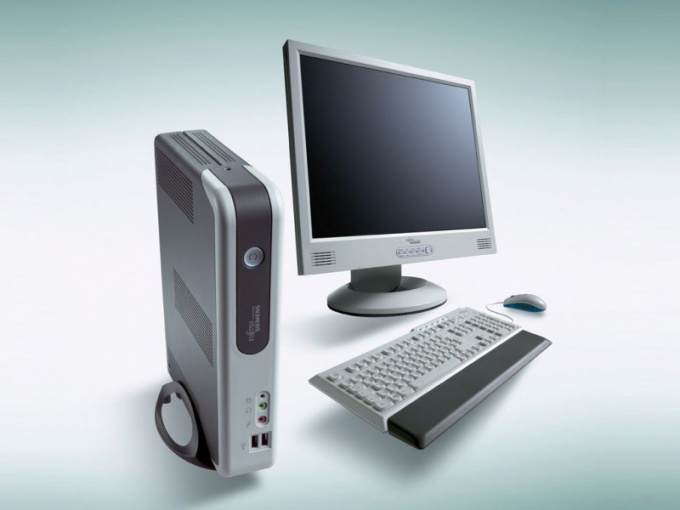The local server is a specialized software installed on a local computer and allow the development of sites without access to the Internet. The term local computer refers to any home computer user. The server consists of several software modules designed to perform different functions. The local server is fully simulates the work of a real server that is located in the firm-hoster. The functionality is no different from the opportunities of hosting, and consists of the same components, namely of the MySQL database server, PHP support and scripts for working with databases.
All the components of local service downloaded and installed in an Assembly that eliminates the need to configure it. Once installed, the user only need to set the project cursor and get it to work exactly the same as on physical hosting.
The developer who creates a dynamic site using PHP, Perl, MySQL databases, and any ready-made scripts, just need a local server to test and debug the finished product. The fact that dynamic sites and web pages before sending it to the browser are processed by the server, transforming them into normal HTML code. If a dynamic website is created using PHP, it is built from individual files, which can be very much. On the local server, you can replicate this process and to test and debug the result and also see how it reflects in different browsers.
In addition, if the web pages of the future site uses SSI commands to build HTML pages from separate files, the local server displays final code of these pages. Without using the local server, they just won't work. The result will be visible only fragments of the website without any elements.
We should also mention the built-in local server utilities, coding and optimizing the script encrypted with Zend Guard. Without such tools, many of your scripts will be unusable, as almost all developers protect scripts from theft and interference.
